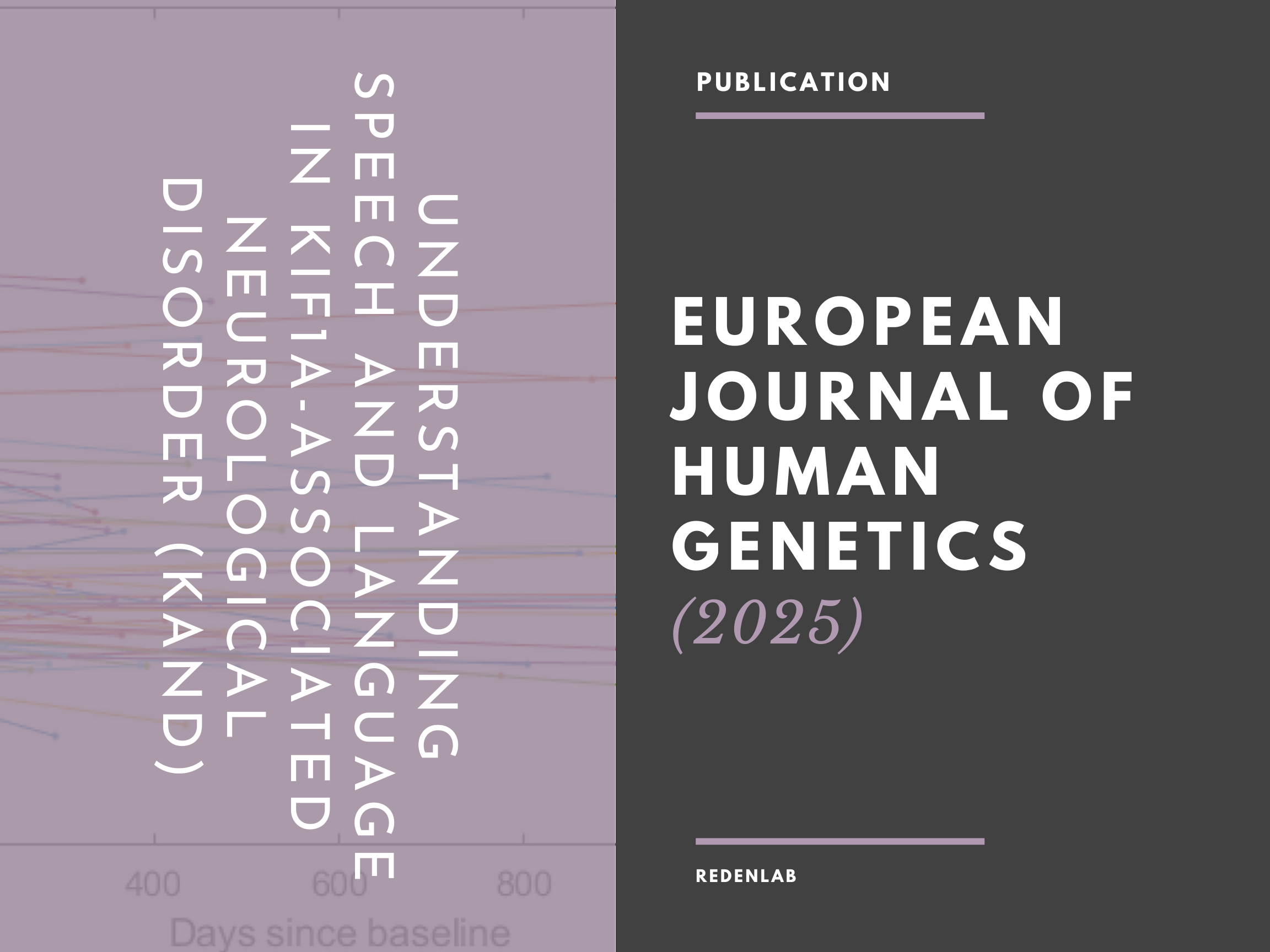Understanding speech and language in KIF1A-associated neurological disorder

A new study published in the European Journal of Human Genetics provides the first systematic analysis of speech and language difficulties in individuals with KIF1A-associated neurological disorder (KAND). This rare genetic condition affects motor, cognitive, and visual function. The research, led by experts from Murdoch Children’s Research Institute, the University of Melbourne, and supported by Redenlab, offers crucial insights for developing early, targeted interventions to improve quality of life.
KAND, caused by variants in the KIF1A gene, presents with a broad range of characteristics. While speech and language impairments are frequently reported, with one in five families noting progressive skill loss, these challenges had never been formally studied. This gap hindered the development of targeted therapies and support strategies.
The study of 44 participants revealed universal dysarthria (a motor speech disorder) among verbal individuals, with most showing delayed speech milestones. Researchers identified strong social motivation as a relative strength to leverage in therapy and recommended early access to augmentative and alternative communication (AAC) given the frequent speech delays and dysarthria.
Read the full study in European Journal of Human Genetics here.
